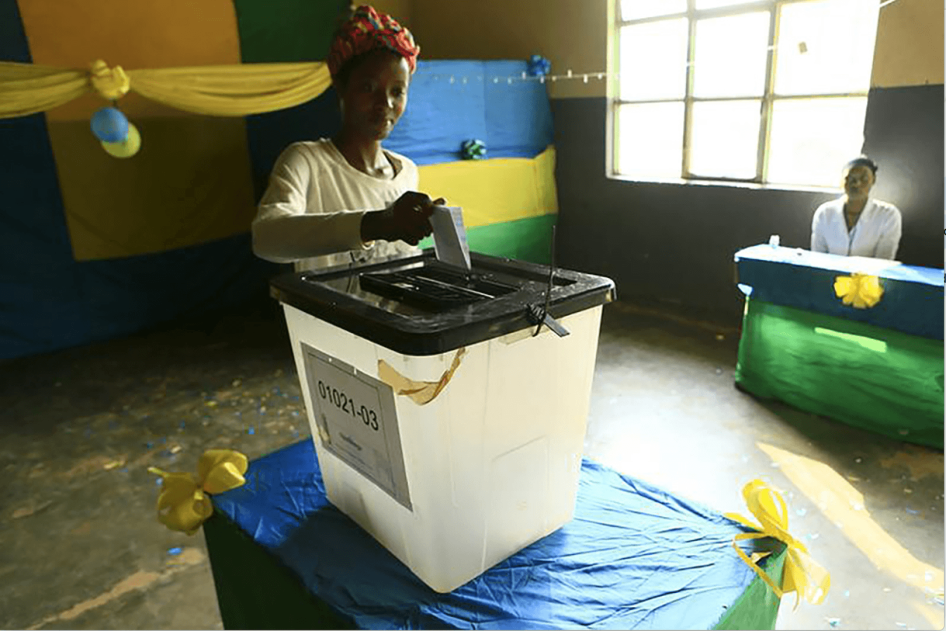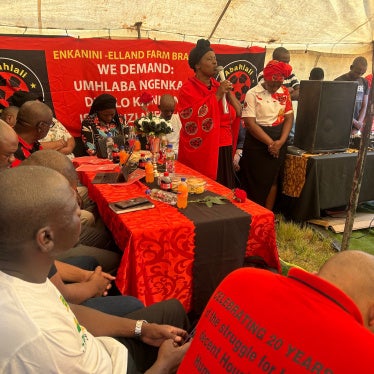Update: On June 1, 2017, Rwanda’s National Electoral Commission (NEC) reversed its decision requiring parties or individuals who wish to campaign on Facebook, Twitter, WhatsApp, Instagram, YouTube, or other websites to submit the content for approval to the 48 hours in advance. This followed criticism from within Rwanda and strong statements from the US, the UK, the Netherlands, Germany, and the EU, expressing their serious concerns about the restrictions on social media.
Recent elections in Rwanda have had a familiar outcome: overwhelming support for the ruling Rwandan Patriotic Front (RPF), amid a dearth of opposition candidates.
President Paul Kagame won the 2003 presidential elections with more than 95 percent of the vote, and garnered 93 percent in 2010. The RPF won the 2008 parliamentary elections with about 79 percent, and took 76 percent of the 2013 vote. The 2015 referendum allowing President Kagame to stay in power until 2034 passed with 98.4 percent of the vote.
As the RPF secured one victory after another, opposition leaders and supporters alleged that political opponents have been killed, forcibly disappeared, imprisoned, or stymied by bureaucratic hurdles.
President Kagame will run for a third term in the August election. One opposition party is registered, and only three individuals have expressed an interest in challenging Kagame and the RPF.
Despite weak prospects for opposition candidates, the government is taking no chances. On May 1, new regulations were published restricting candidates’ use of social media. The regulation requires parties or individuals who wish to campaign on Facebook, Twitter, WhatsApp, Instagram, YouTube, or other websites to submit the content for approval to the National Electoral Commission (NEC) 48 hours in advance.
As smartphone usage increases across Rwanda, social media will be an important and relatively inexpensive way for candidates to reach thousands of voters, critique government policies, and offer alternative solutions.
Charles Munyaneza, the NEC’s executive secretary said recently the regulation is “a necessary regulation when it comes to elections.” Yet regulation that’s main goal is to restrict a candidate’s ability to campaign and reach out to voters is not “necessary” – it’s censorship and a blatant attack on freedom of expression.
For many Rwandans, this year’s elections are a fait accompli, with or without this new regulation. What the regulation ensures, however, is that critical debate will be stifled even further.









